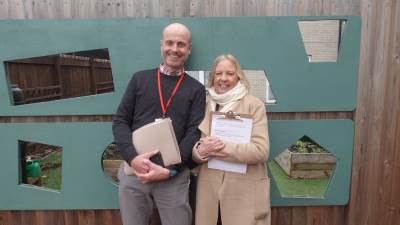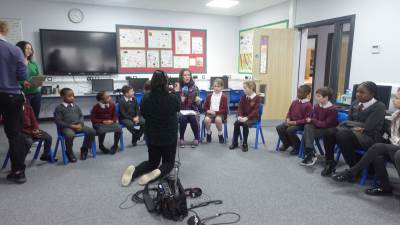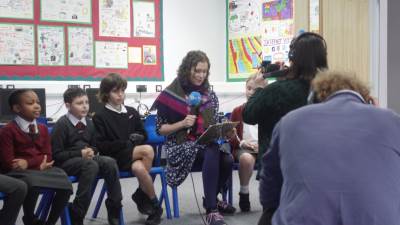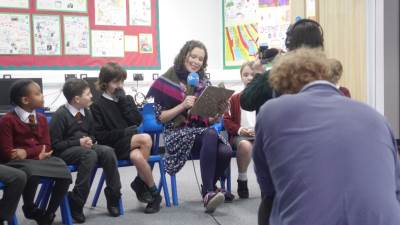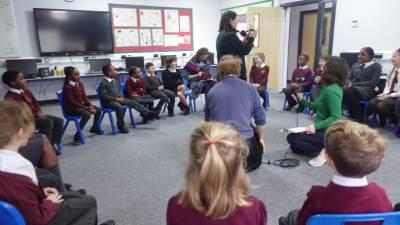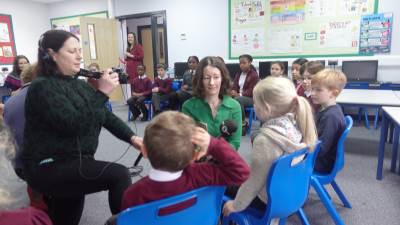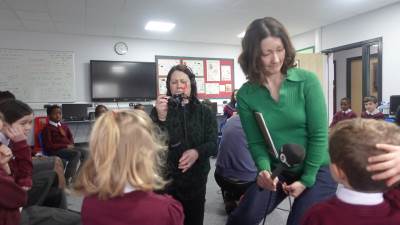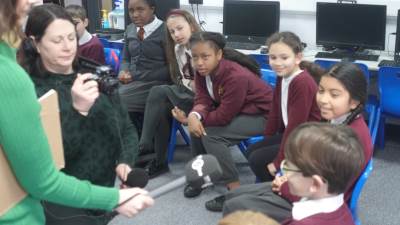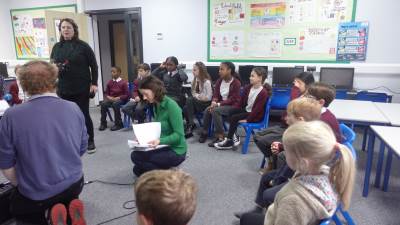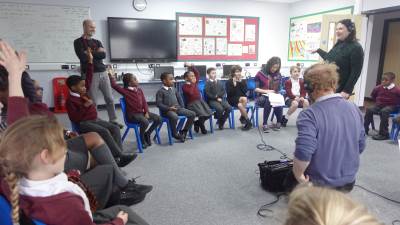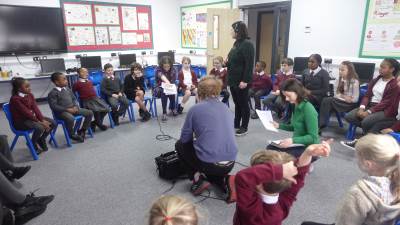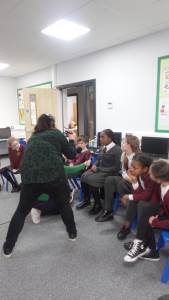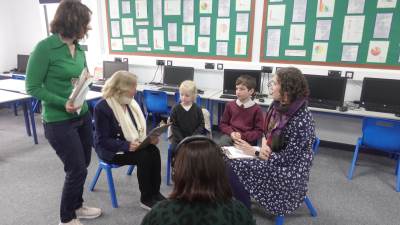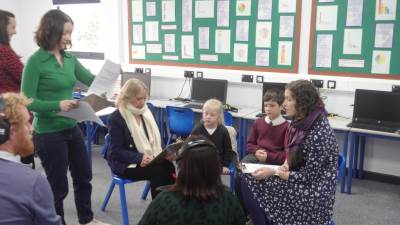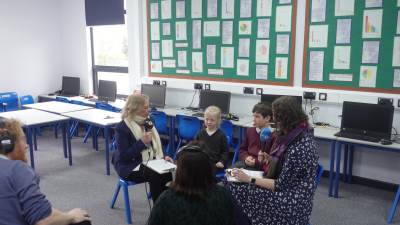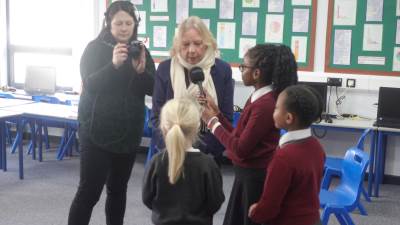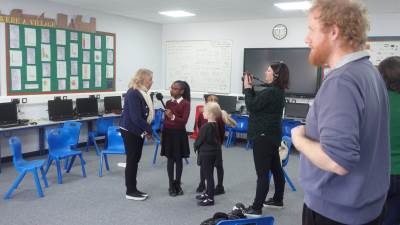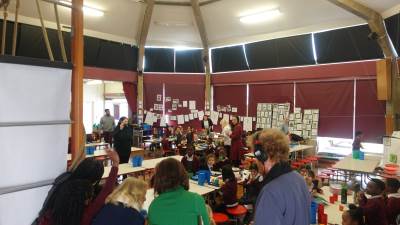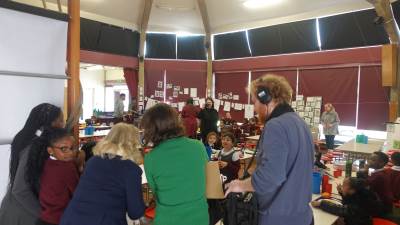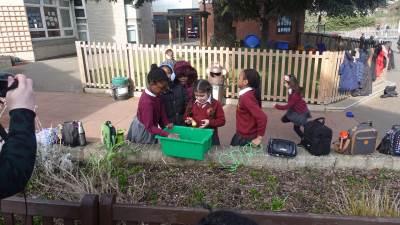Sustainability
Statement of Intent
Intent
At St Winifred’s Catholic Primary School, the intent for our sustainability curriculum is to improve our children’s understanding of how to live and be part of a sustainable world and how they can be responsible citizens in a world where environmental issues grow more pressing by the day.
The school governors adopted a sustainability policy in March 2021 incorporating ideas and principles of the Eco Schools programme, the Papal encyclical Laudato Si and the UN Department of Economic and Social Affairs Sustainable Development Goals.
We aim to educate the children across a wide range of issues to support a sustainable vision of the planet, where they can see how biodiversity, climate change, poverty, governance and waste are connected. Our aim is to see children from St Winifred’s become true global citizens where their personal impact can be felt on a much wider stage across the planet. Sustainability will thread through our core values.
Implementation
Environmental topics are taught throughout school from Reception up to Year 6. These topics are addressed in a cross-curricular manner through subjects such as science, geography, PSHE and topic where meaningful links are made, rather than as an add-on. Our latest sustainability curriculum plan is cross-referenced with sustainability themes.
Alongside this cross-curricular approach, our school engages in a wider practical action linked to the UN’s sustainable development goals (SDGs):
- SDG1: Ending poverty: globally, through our fund-raising activities linked to Cafod’s campaigns, and locally by collecting food for the Lewisham Community Hub by the school and organised by the Mini-Vinnies.
- SDG3: Healthy lives and well–being: classroom lessons on active travel from Year 1 to Year 6. Dr Bike sessions to repair and encourage cycle use by children, staff and parents, scooter lessons for KS1, Bikeability for Year 6. Promotional campaigns throughout the year to encourage active travel. Creation of a kitchen garden on school grounds for children to learn about and eat their own fruit and vegetables.
- SDG6: Clean water and sanitation: an active school council has given feedback and support over the school’s toilet facilities.
- SDG7: Affordable and clean energy: Working with RAFT, a CIC, to reduce our carbon output through surveys, promotion and an action plan, signing up to Let’s Go Zero. Installation of solar panels on the newer parts of the school and energy monitors to identify wastage. The school council helps run promotional campaigns, such as Switch Off fortnight.
- SDG11: Sustainable cities and communities: Linked to transport, identifying safer routes to schools, through pupil surveys and parent feedback. Supporting public transport or active travel first, when organising school trips outside school.
- SDG12: Responsible production and consumption: Use of plastics has declined, with a shift to low impact alternatives, such as coloured pencils rather than pens, and backing with card than laminating. The kitchen garden was made with upcycled wooden pallets, continuing this theme. The school recycles most materials as well as participated in a pilot food waste composting scheme and has its own green compost bins which divert waste from the School Fruit and Veg scheme.
- SDG13: Climate action: the above practical actions linked to transport, energy and healthy living are contributing towards this goal. The school have also participated in the 2021 COP 26 event, with all children and staff writing pledges to form a WWF organised global forest of promises.
- SDG14: Life below water: the school dinner providers have now switched over to sustainably caught fish stocks, while our effort to reduce plastics is contributing to this goal.
- SDG15: Life on land: habitat piles have been made around the school to encourage biodiversity.
- SDG16: Peace, Justice and strong institutions: children are strongly involved in improving cohesion and justice within the school, through the school council, eco reps, Mini-Vinnies and playground buddies, who are trained in restorative justice. There are mental well-being weeks that strengthen cohesion.
Many of these activities have been recognised through the Eco Schools award scheme and St Winifred’s has the Green Flag Award. The active travel elements have also merited the school with the Gold standard for Transport for London’s STARS sustainable travel schools’ scheme.
Impact
Our hopes for our children and the planet they will inhabit are of the utmost importance for us. Our children will grow in understanding of the world around them, being as connected to the natural world as they are to the human one. They will use this knowledge to bring about change so that their lives and that of the natural and urban world around them is in balance. They will understand the interconnectedness of all the issues that impact or strengthen these sustainable systems, such as poverty, democracy, energy, waste, climate change and biodiversity.
They will work collaboratively to seek solutions and change behaviours, so that the school and wider community are involved in bringing about change, as local and global citizens.
Sustainability in Action
The School Council is a democratically elected body of pupils from Year 1 to Year 6 who represent the interests of the student community and take an active role in improving the school, acting under the principles of the Sustainable Development Goals.
Nature
Planting insect loving plants around the school, like sunflowers.

Energy
Solar panels installed on newer parts of the school.
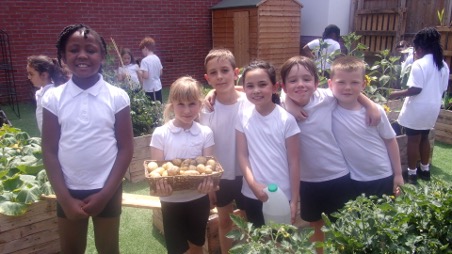
Children put ‘Switch Off’ posters next to electric switches as part of Switch Off Fortnight.
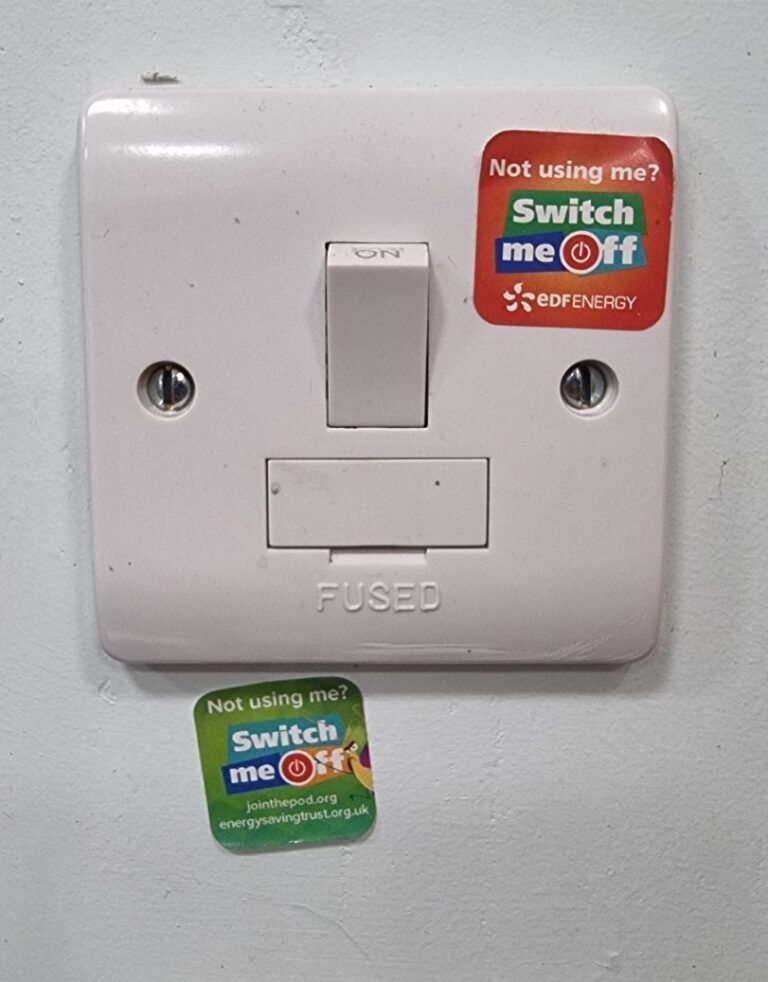
Citizenship
Food and other essentials were collected for Lewisham Donation Hub.
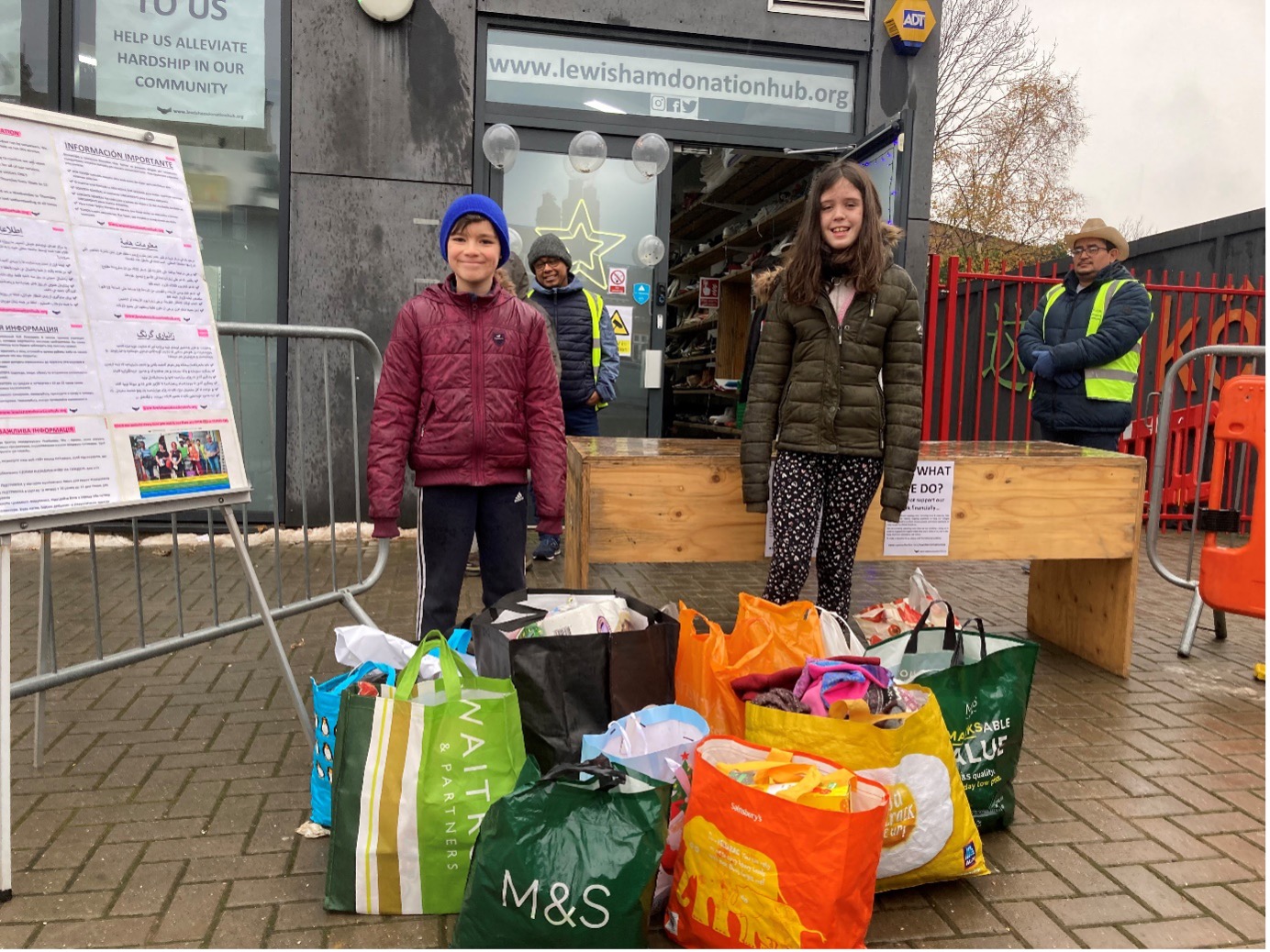
Children wrote to the Prime Minister to tackle high levels of air pollution in Lewisham.

Healthy
During Active Travel weeks, Dr Bike comes in to get bikes roadworthy for children and parents alike.
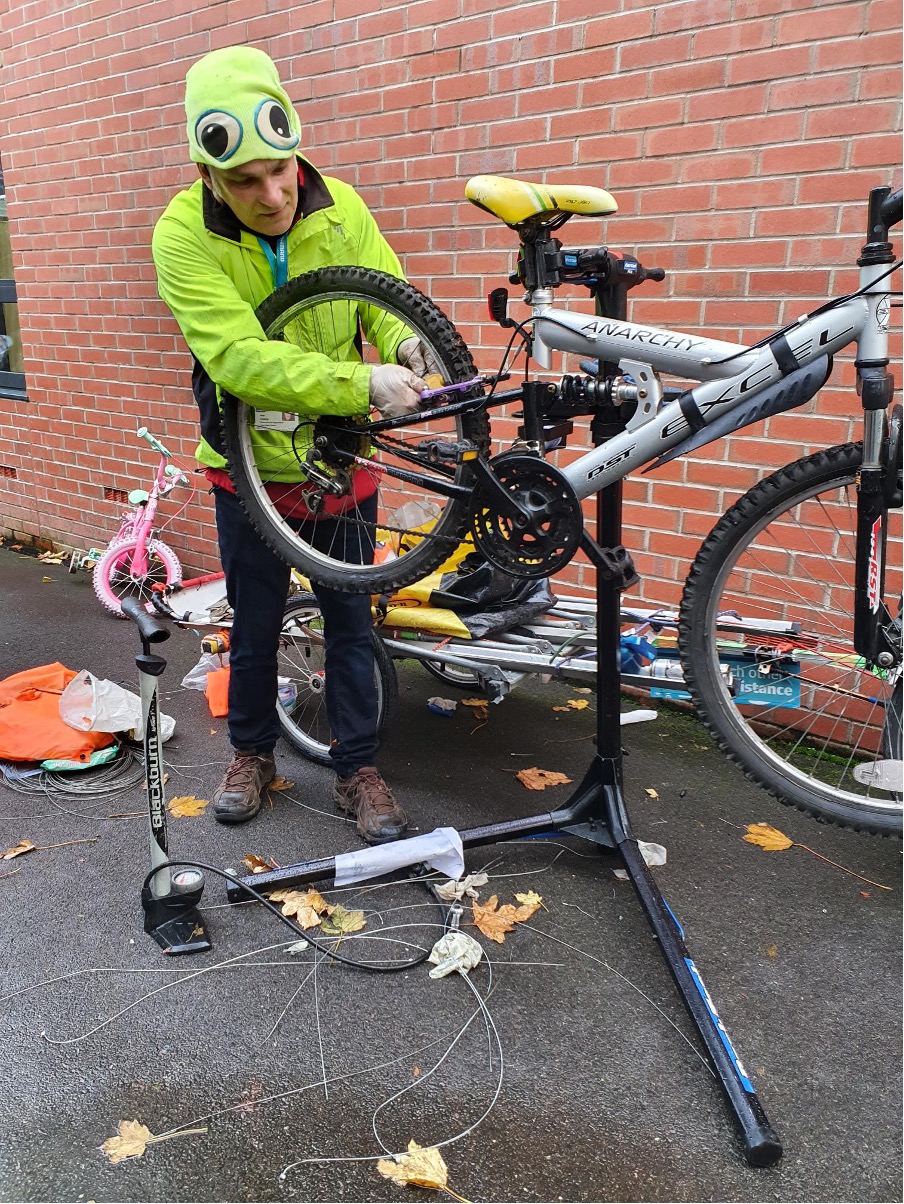
Children learn about growing and preparing vegetables in the school’s kitchen garden.

Water
Children use rainwater collected in butts for their play and growing.
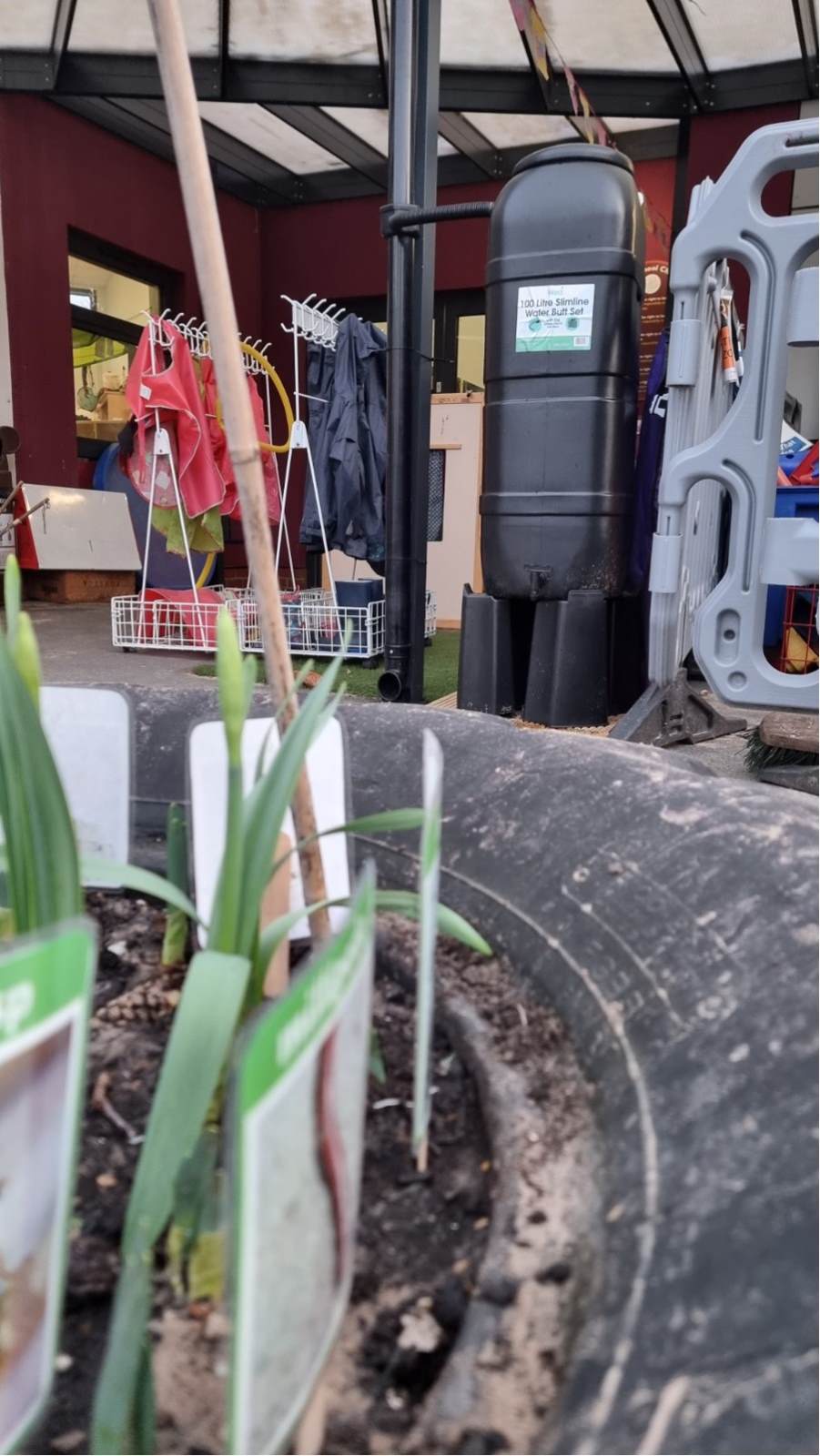
School grounds
Children tidying up the peace garden during the winter.

Transport
Reception children taking public transport on their school trip, instead of a coach.

Awards
TfL Stars Gold Award
Transport for London has a programme to recognise the efforts schools have made to reduce car use within its school community. We have held the gold award since 2018 and maintained our gold status in 2021 https://stars.tfl.gov.uk/School/142456
Eco Schools
Eco Schools is an international scheme that helps schools tackle environmental issues through an established set of steps, that link to targets and actions. We have held the Green award since 2018.
The Big Green Money Show
On Thursday 9th 2023, we welcomed Deborah Meaden and The Big Green Money Show BBC team to school. Whilst here, they interviewed our School Council reps, to find out how we were being ‘green’. They spoke to the children about what they have been learning in class about sustainability and climate change. They spoke to our eco-reps about how they are leading initiatives and are bringing about change in school.
They also interviewed Mr Cunningham, our sustainability lead and Alex Green from ‘Lets go Zero’ and Ms Gillespie, on how we lead on this throughout the school.
The podcast ‘Back to School’ can be found here: https://www.bbc.co.uk/sounds/play/m001jckr
The case study on St Winifred’s can be found here: https://letsgozero.org/st-winifreds-primary-school-lewisham/
Big Green Money Show

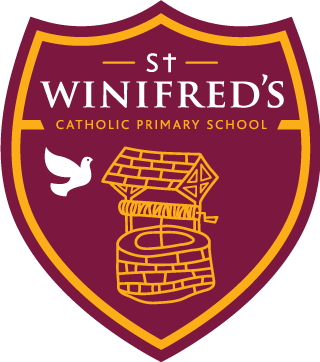 St
Winifred's Primary School
St
Winifred's Primary School


